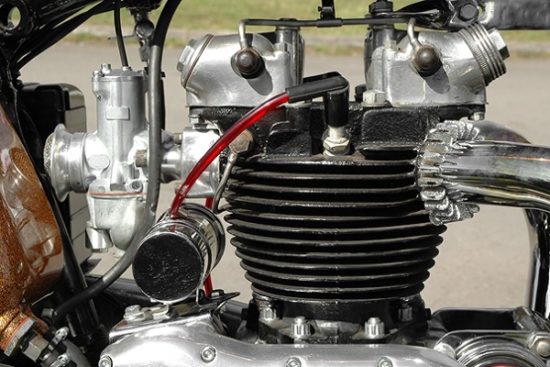- Course No E – 1752
- PDH Units: 2
No data found for Custom Course Number
No data found for Custom Course Units
- Course No E – 1752
- PDH Units: 2
Intended Audience: All Engineers
PDH UNITS: 2
Learn how internal combustion engines work (four and two stroke) with this online video course! Internal combustion (IC) engines are not only used in the automotive engineering and automobile engineering industries. They are used to rotate pumps, generator rotors, fans and many other machines. But what are internal combustion engines? Why do we use petrol/gasoline and diesel fuels instead of just one type of fuel? And how do these astounding machines work? This course will answer all of these questions and many more! Irrespective of your background, learning about internal combustion engines will benefit you greatly. They are used as prime movers in cars, vans, trains, motorbikes, scooters, lawnmowers, leaf blowers and many other machines. So even if you are not an engineer, or training to become one, the knowledge you gain will always be useful, because a combustion engine is never far away! This course is taught by an engineer with 17 years experience...you're in good hands! Interactive 3D models have been used to show you every engine component in detail. 3D animations show how each engine and component works. 2D images have been used to highlight areas of interest.
Learning Objectives
- How petrol and diesel engines work.
- How internal combustion (IC) engines work.
- How two stroke engines work.
- How four stroke engines work.
- What the differences between petrol/gasoline and diesel engines are.
- Identify all of an engine's main components and their function (crankshaft, piston, camshaft etc.).
Course Reviews
5
- 5 stars2
- 4 stars0
- 3 stars0
- 2 stars0
- 1 stars0
Once completed, your order and certificate of completion will be available in your profile when you’re logged in to the site.











Good basic course for those not all that familiar with the function and components of the Diesel and Gas engine. Many mechanical engineers like myself spent some time under the hood in their teenage years (especially when car engines were more simple back in the 70s and 80s). For those like me much of this you should be familiar with. The course would significantly benefit those that have never lifted the hood other than to add oil or washer fluid
A good review of engine basics.